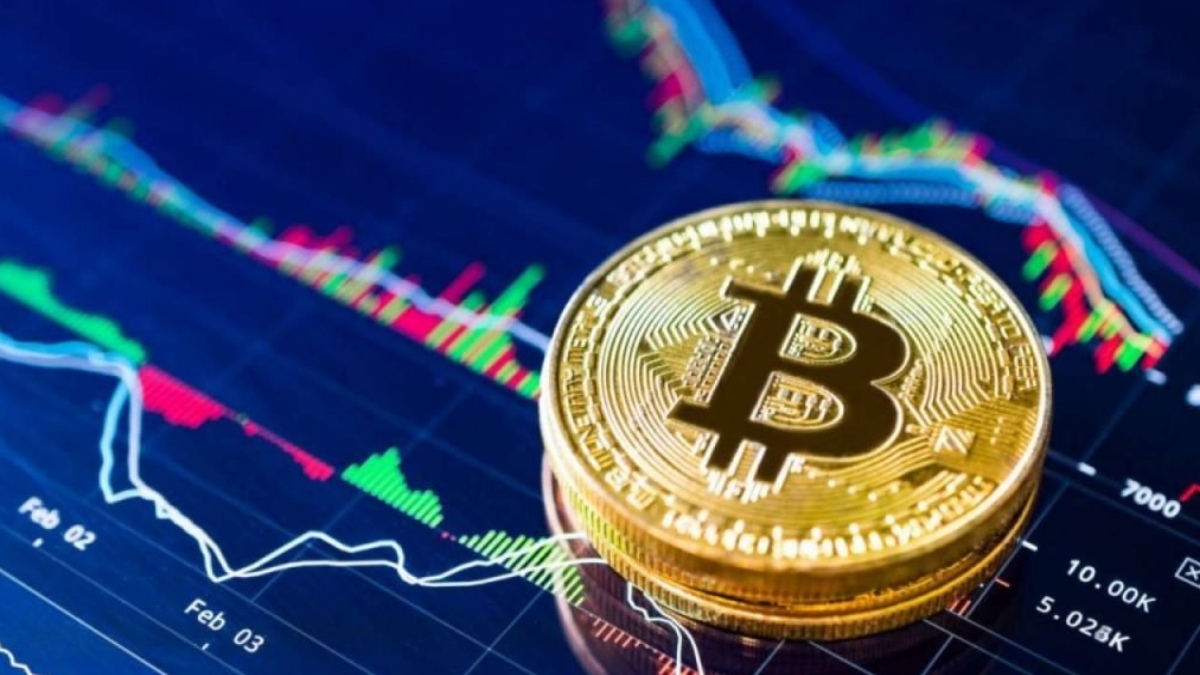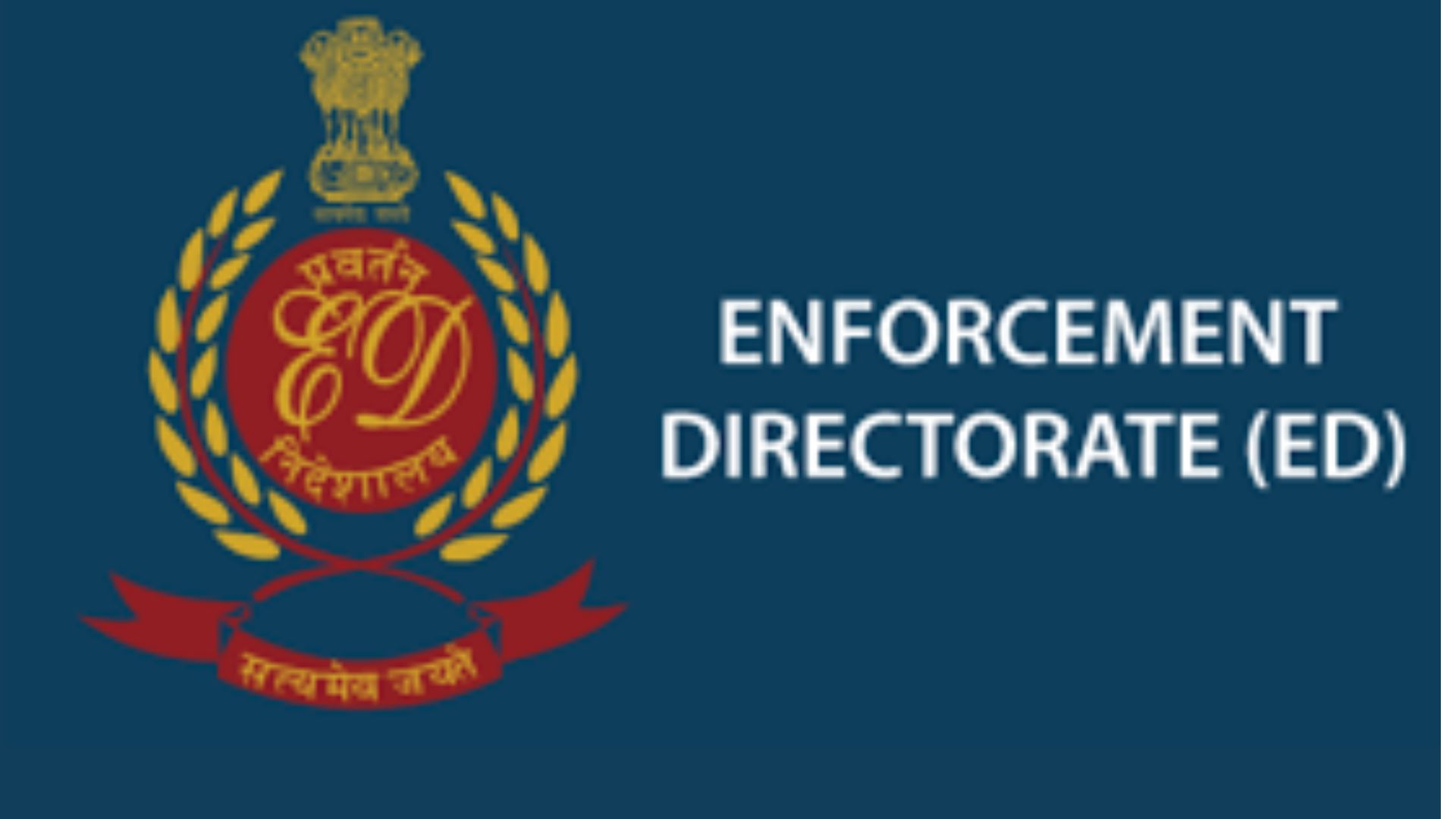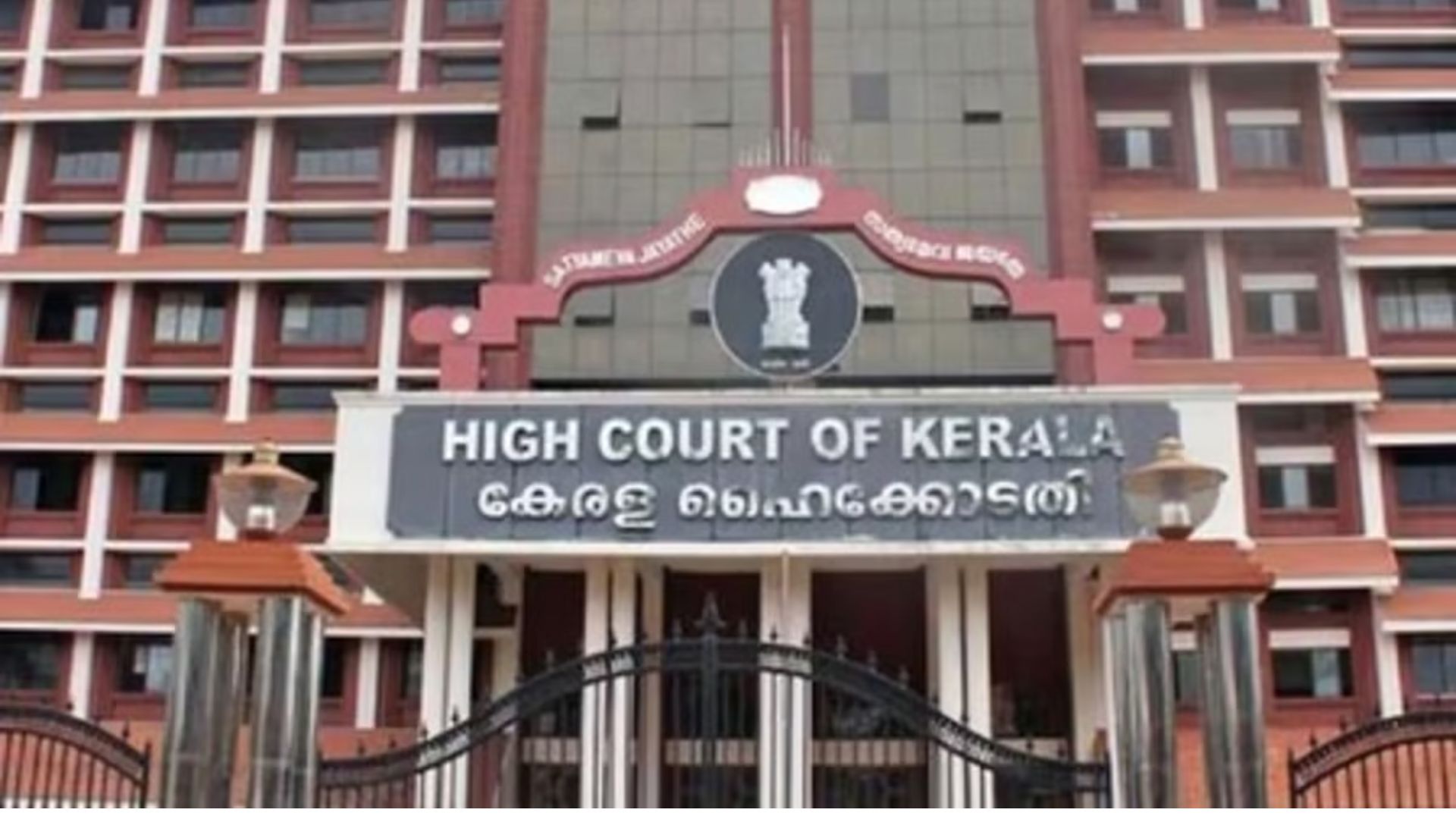
Recently, Coinsquare, a crypto-currency exchange based in Canada recently suffered a data breach. It is one of Canada’s largest crypto-currency exchanges and has more than 100,000 customers worldwide.
This is the second time this year that Coinsquare has suffered a breach in its security.
The first breach occurred in March 2019 when the exchange was sent a list containing 9,500 email addresses and passwords from their mailing list, this information was then distributed to the general public
While Coinsquare is known for its high security measures, which includes two-factor authentication and, even though they are one of the best crypto wallets in Canada, it is clear that their current security measures are clearly inadequate.
So, with all of that in mind, let’s take a look at how you can safeguard your crypto assets.
It’s important to ensure that your private crypto keys remain private. Never put them on a cloud server, or in a wallet that has a password or an owner. You should never give them to anyone else, and you should make sure that the device you’re using to access any cryptocurrency isn’t connected to the internet.
Besides keeping your private keys secure, you should also maintain a low profile at all times.
Don’t post about your crypto assets on the internet — whether you’re posting in a chat room or writing a blog article, it’s a bad idea to freely share information that could allow individuals to locate and hack into your wallet(s).
While the cryptocurrency market is still young with plenty of room for growth, it’s also very risky and volatile. Keep in mind that crypto assets are highly speculative, meaning they could lose all their value over time if prices fall sharply or quickly drop out of favor with investors who no longer want them.
Also, don’t forget that cryptocurrencies aren’t covered by insurance and aren’t backed by any government entity. This means that they do not offer the same level of protection as traditional bank deposits do.
In addition, governments may restrict access to your funds if needed under certain circumstances – for example: freezing customer accounts during times when there’s high demand/volatility within crypto markets.
Passwords are the first line of defense in protecting your crypto assets. Use strong passwords that are at least 8 characters, with a combination of letters, numbers and special characters.
Avoid using names, birthdays or other personal information. If you’re worried about forgetting your password, use a password manager to help generate and keep track of them for you (you can find some good ones here).
And finally ,make sure to use strong passwords and 2-factor authentication for online services and devices where you store digital assets.
One of the most effective ways to protect yourself from falling victim to a cyberattack is to ensure that you have a safe internet connection. Doing so makes it more difficult for hackers to gain access to your crypto asset holdings by leaps and bounds.
To do so, make sure that you:
This situation is unfortunate for both Coinsquare and its users. The company has assured its customers that no personal information or transactions were affected by the breach; however, it will be interesting to see if this affects their reputation as a trusted exchange in Canada.














